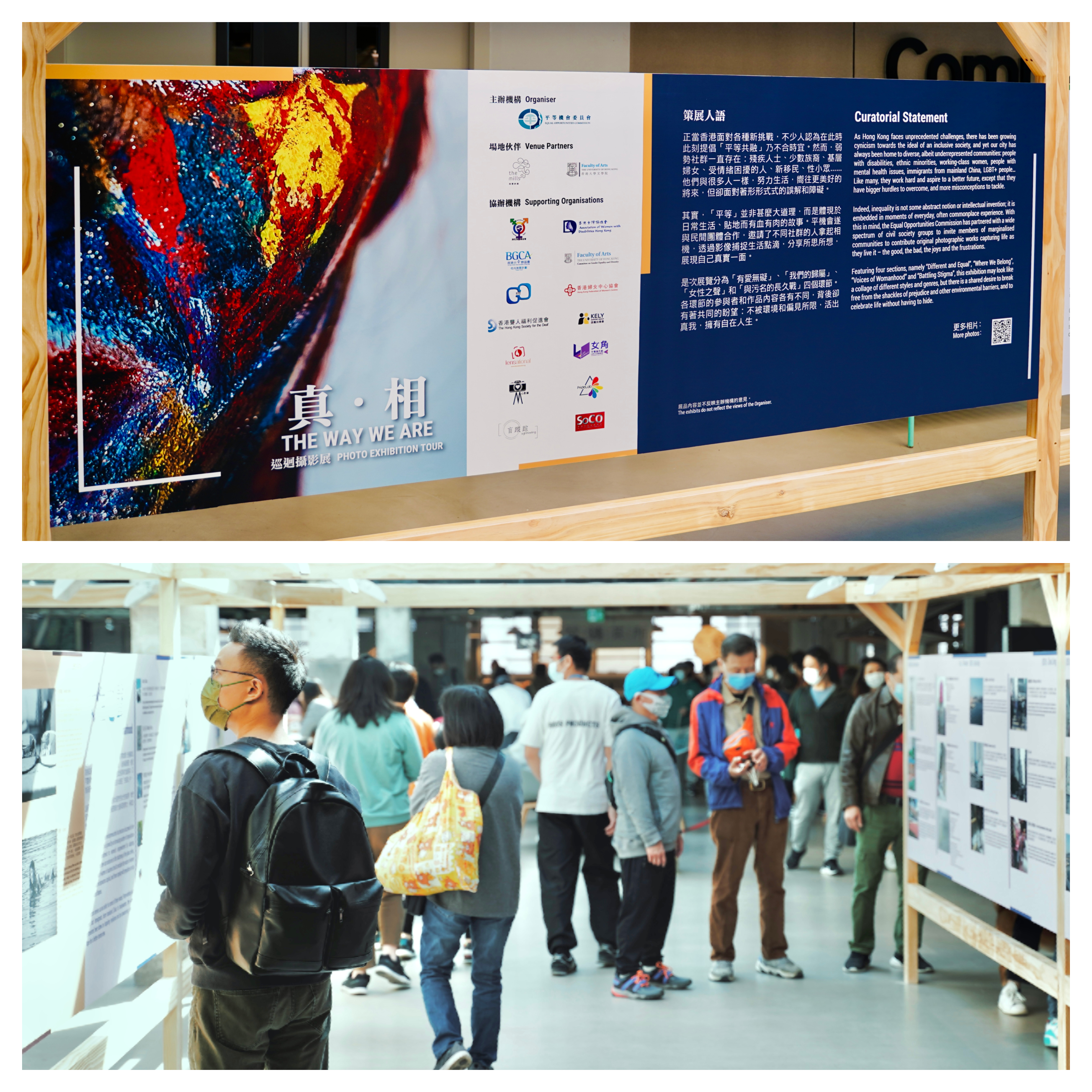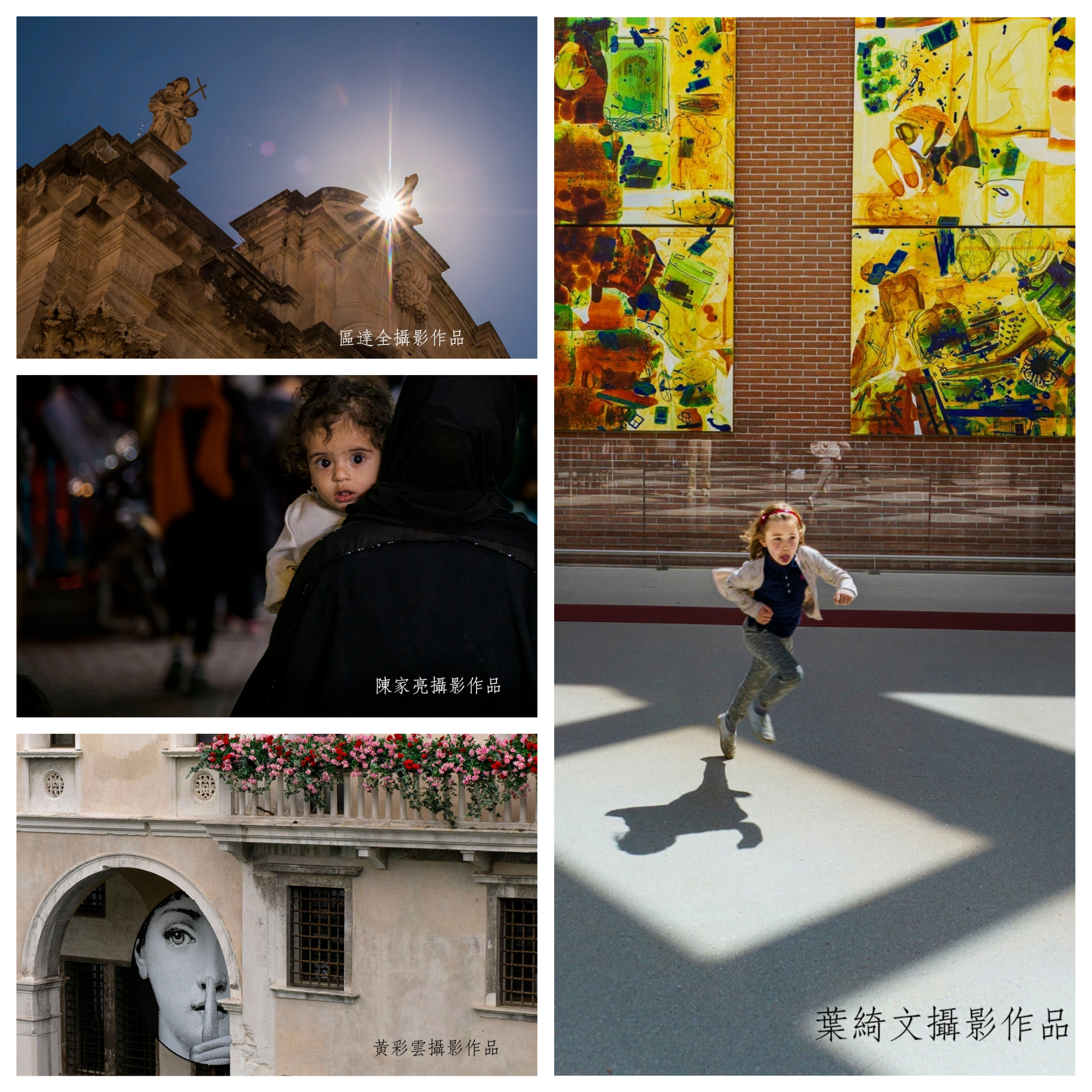
A number of civil society groups have recently expressed concern to the EOC over incidents of employers in the construction industry reportedly banning South Asian workers from going to work, even after they had tested negative for COVID-19. On the contrary, Chinese workers and those of other ethnicities with negative results were allowed to resume work. In light of the gravity of the issue, the EOC released a statement on 10 February 2021, calling on all employers to avoid unlawfully discriminating against employees based on their race or an imputed disability such as COVID-19.
The Race Discrimination Ordinance (RDO) enforced by the EOC applies to various areas of public life, such as employment, education, and provision of goods, services and facilities. Assuming that a non-Chinese employee and a Chinese employee have both taken a COVID-19 test as required by the Government and received a negative result, it may be unlawful under the RDO for the employer to subject the former to unfavourable treatment based on his/her race, such as by banning him/her from resuming work.
In addition, the Disability Discrimination Ordinance (DDO) provides for a wide definition of disability, which includes the presence in the body of organisms causing or capable of causing disease or illness, such as COVID-19. Besides existing disability, the DDO covers disability that “previously existed”, “may exist in the future”, or is “imputed” to a person (even if the person being discriminated against does not in fact have this disability).
Under the DDO, it would not be unlawful for an employer to discriminate against an employee on the ground of disability if: (i) the disability is an infectious disease listed under the Prevention and Control of Disease Ordinance (e.g. COVID-19); and (ii) the discriminatory act is “reasonably necessary” to protect public health.
In assessing whether an act is reasonably necessary, employers should take into account the fact that the Government has already implemented measures in line with the latest developments of the pandemic, including social distancing rules and mandatory testing for specific communities. If an employer, without reasonable grounds, assumes that employees of a certain race have contracted COVID-19 and consequently subjects them to unfavourable treatment, such as by banning them from going back to work, it may not be a “reasonably necessary” act for the purpose of protecting public health, and therefore may contravene both the RDO and DDO.
Mr Ricky CHU Man-kin, EOC Chairperson said, “Empathy and solidarity are what we need now for Hong Kong to overcome this unprecedented challenge. The virus makes no distinction; it would be a folly for us to.”
Read the press release
2

Following the EOC’s recent publication of a study that indicated a significant increase last year in the number of National Sports Associations with an anti-sexual harassment policy, questions have emerged over the practical importance of written policies in combatting sexual harassment. Speaking on the programme Letter to Hong Kong on RTHK Radio 1 on 30 January 2021, Mr Ricky CHU Man-kin, EOC Chairperson addressed these doubts and explained why policy matters.
“Having a policy in place serves as a crucial first step,” Mr Chu said. “A good policy should include not only a zero tolerance statement and a comprehensible definition of sexual harassment, but also a clear complaint-handling procedure, a designated contact, and an express assurance that complainants wouldn't be penalised for coming forward in good faith, among other elements.”
In fact, under the Sex Discrimination Ordinance, employers will be held liable for any unlawful act of sexual harassment committed by their employees in the course of employment unless they can prove that they have taken “reasonably practicable steps” to prevent the act. While ultimately, in the event of a civil claim, the Court will consider the specific circumstances of the case and decide whether the steps taken, if any, are sufficient, it is in the interest of organisations to formulate a comprehensive policy, ensure it is transparent and properly implemented, as well as provide training for staff on a periodic basis.
Mr Chu also expressed hopes that the EOC’s newly established Anti-Sexual Harassment Unit, tasked with operating a hotline service (2106 2222) dedicated to enquiries about sexual harassment and proposing law reform to fill protection gaps, will play a central role in enhancing support for people affected by sexual harassment in Hong Kong.
Read the full letter (Chinese only)
More about the hotline
Read the study
Learn about EOC’s training services
3

From now until 26 February 2021, the EOC will be staging an exhibition at 1/F Atrium, The Mills, Tsuen Wan featuring original photographic works by marginalised communities, including people living with depression, deaf people, people with visual challenges, non-Chinese students, migrant workers, carers, immigrant women from mainland China, and the LGBT community.
The event marks the latest highlight of the EOC’s campaign “The Way We Are”, a collaboration with 14 civil society groups aimed at empowering disadvantaged groups to express their hopes and aspirations through the medium of photography. The EOC previously launched a virtual exhibition last December, with over 130 photographs under four themes, namely “Different and Equal”, “Where We Belong”, “Voices of Womanhood” and “Battling Stigma”. Some of the contributing photographers have also been interviewed by Hong Kong-born Indian YouTuber New Dellily in a series of videos posted on the campaign website.
The campaign is part of the celebratory programme of the EOC’s 25th anniversary this year. Click the link below to learn about our other initiatives.
View the exhibition schedule
Watch the video interviews
Visit the EOC’s 25th anniversary website
4

The 2021/22 edition of the Community Participation Funding Programme on Equal Opportunities is now open for application. Apply on or before 19 March 2021 for a chance to receive a maximum of HK$50,000 in funding if you have a project in mind that can help raise awareness of Hong Kong’s anti-discrimination laws and promote diversity and inclusion.
To date the programme has supported over 1,200 initiatives by NGOs, community groups and schools. Past funded projects include campaigns to destigmatise HIV, books introducing ethnic minority cultures, and talks about rights to equal opportunities for workers injured in industrial accidents, among others.
The EOC will host two briefing sessions to explain eligibility requirements and application procedures, one on 18 February (Thursday) in Cantonese and another on 19 February (Friday) in English. Please click the link below for details.
More about the programme
5

The Institute of Active Ageing of The Hong Kong Polytechnic University will organise a photo exhibition from 26-28 February 2021 at the Exhibition Gallery, L4, Administration Building, Hong Kong Cultural Centre, Tsim Sha Tsui. The exhibits are contributed by tutors and graduates of the third edition of a photography training programme run by the Institute.
Committed to enriching the life of older adults in Hong Kong, the Institute rolls out a variety of interest-based classes, training events and volunteering opportunities every year. Check out their website below to learn more.
Visit the Institute’s website

 Let’s bid adieu to the year of the rat, a time of grave challenges for many communities at home and abroad. As we usher in the year of the ox with hope and grace, the EOC wishes everyone peace, good health and prosperity in the times ahead.
Let’s bid adieu to the year of the rat, a time of grave challenges for many communities at home and abroad. As we usher in the year of the ox with hope and grace, the EOC wishes everyone peace, good health and prosperity in the times ahead.



